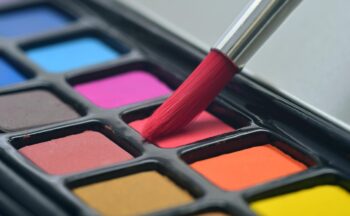Martin Biersack
Universidad de Granada
Departamento de Historia Moderna y de América
Grupo de investigación
Proyecto ERC Consolidator Gran SUSPICIO
Sobre mí
Martin Biersack is Principal Investigator of SUSPICIO. His main research interests are the differentiation and categorization of humans, Renaissance humanism, and the entangled history approach (cultural transfer, migration, scientific exploration, trade history). He works on the entire early modern period from the late Middle Ages into the nineteenth century, with a territorial focus on Spain and Latin America
In 2009 Martin received his doctoral degree at the University of Regensburg with his dissertation on Spanish Renaissance humanism. From 2013 to 2015 he stayed in Buenos Aires where he worked on the French in the late colonial Rio de la Plata. In 2021 he habilitated at the LMU Munich with a study on the foreigners in the Spanish Empire that was published in 2023 by Campus Verlag (open access link: https://www.campus.de/e-books/wissenschaft/geschichte/geduldete_fremde-17859.html). In 2021 and 2022 he spent one year on an Alexander von Humboldt scholarship at the University Autónoma in Madrid working on a project about scientific expeditions to colonial Spanish America. During the winter term of 2023/24 he was visiting professor at the University of Tübingen. In 2024, together with Eberhard Crailsheim from the CSIC Madrid and Klemens Kaps from Linz University, he published the collective volume Das Amerika-Monopol (https://digital.csic.es/bitstream/10261/354777/1/Das_Amerika-Monopol_book.pdf) on the Spanish-American colonial trade
Líneas de investigación
Historia colonial, Historia de América, Historia de la Seguridad
Resultados destacables
Recibir un Consolidator Grant
Vocación
Por vocación por la Historia
Deseo científico
Divulgar la Historia





